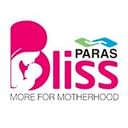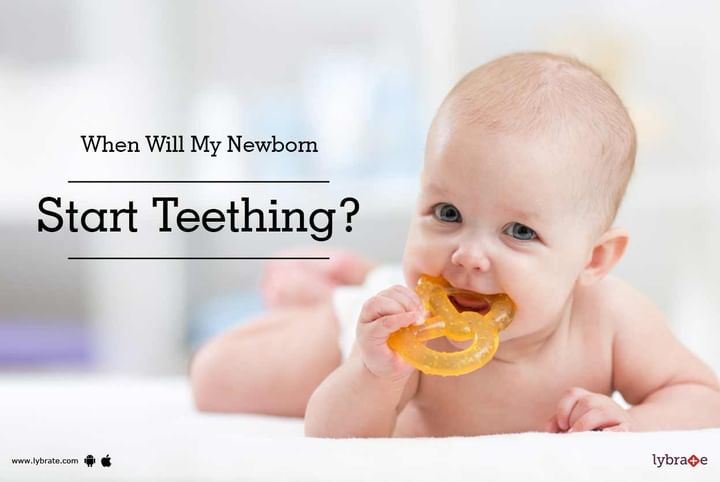When Will My Newborn Start Teething?
Tooth eruption is not only a sign that your child is acquiring the ability to tear, bite, and chew food but it also effects the baby's weight gain, immunity strengthening and development of the brain indirectly.
It is observed that most babies get their first tooth at around 6 months after birth, but they may start gnawing as early as 3 months or as late as 14, and may vary from child to child. This depends on many factors, one of them being as when the parents started sprouting teeth and whether or not your baby was a preemie. In case of premature and low birth weight babies there may be a delay in their first tooth eruption. Children should have a full set of primary teeth by the time they are almost three.
Babies generally undergo the following Teething Timeline:
-
6 months: lower central incisors
-
8 months: upper central incisors
-
10 months: lower and upper lateral incisors
-
14 months: first molars
-
18 months: canines
-
24 months: second molars
Symptoms of Teething:
-
Babies start gnawing to relieve the pain of an emerging tooth.
-
Puffy and red gums
-
Excessive drooling
-
Irritation, especially at night
-
Tugging Ear
-
A change in eating habits
Methods to Soothe the Pain:
Teething is a physiological process, no major intervention is needed.
-
Distraction: You can often soothe your child simply by diverting their minds off the pain by any new toy.
-
You shouldn't use teethers and topical teething gels to soothe the pain as they might be toxic to babies.
Symptoms of teething usually disappear when the tooth breaks through the gum. In case your baby is teething and the pain prevails , the following signs and symptoms are seen - high fever, diarrhea, or vomiting, highly inflamed gums or blue gum (Cysts) or any kind of lesion or bumps on the gums. In such case you should consult the pediatrician for further guidance.



+1.svg)
